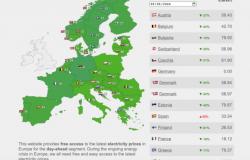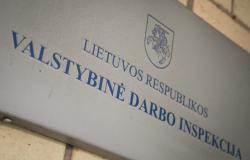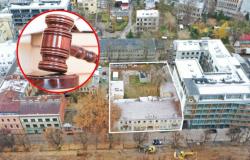For the first time, scientists found that methylglyoxal could temporarily turn off the BRCA2 gene’s ability to protect against cancer formation and growth, reports the Daily Mail portal.
Junk food increases the risk of cancer
Doctors have known for decades that eating junk food is associated with a much higher risk of cancer, even if a person is not obese, but the exact mechanism is still being elucidated.
It could at least partially explain why cancer, especially colon cancer, is so common among young, supposedly healthy Americans.
The team also noted that the study contradicts a long-standing theory known as Knudson’s “two-hit” paradigm, which holds that genes such as BRCA2 must be completely inactive to increase cancer risk.
These genes are supposed to help protect the body against cancer, although patients who inherit faulty copies of the genes from their parents have been shown to have an increased risk of certain types of cancer, such as breast and pancreatic.
Genes in the body can help protect against cancer
Study author Dr. Ashok Venkitaraman, director of the Cancer Research Center at the National University of Singapore, told Medical News Today: “Ethylglyoxal causes the destruction of the BRCA2 protein and reduces its levels in cells. This effect is transient, but may last long enough to suppress BRCA2’s tumor protective function.”
He noted that repeated exposure, such as eating processed foods and red meat, “would increase the number of lesions in genes such as BRCA2.”
The team studied the effects of methylglyoxal on cells from people who inherited a defective copy of BRCA2 and were therefore more likely to develop cancer.
They found that exposure to methylglyoxal prevented tumor inhibition.
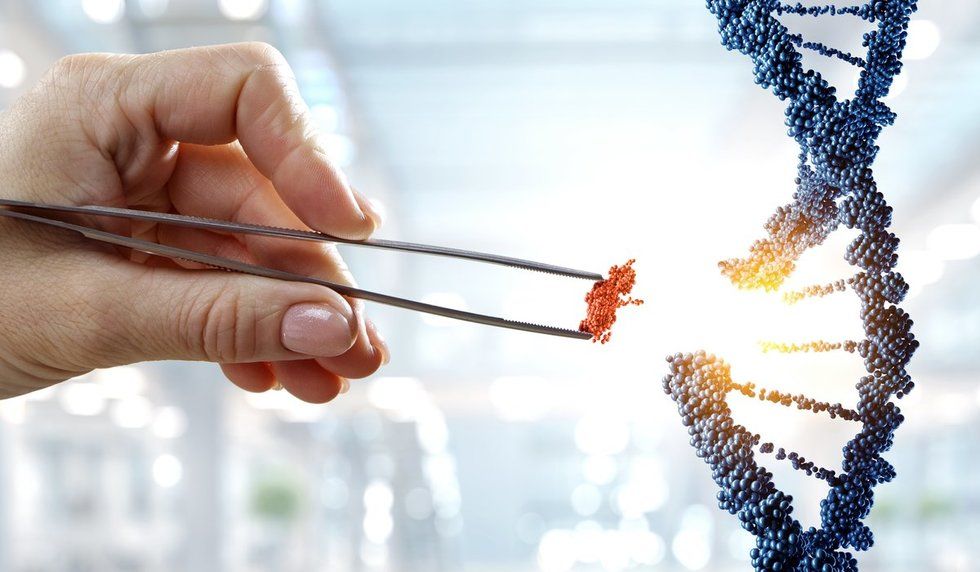
“It is well known that some people are at high risk of developing breast, ovarian, pancreatic or other cancers because they inherited a faulty copy of the cancer-preventing gene BRCA2 from their parents,” said Dr Venkitaraman. “Our latest results show that the cells of such individuals are particularly sensitive to the effects of methylglyoxal, which is produced when our cells break down glucose for energy.”
The doctor added: “We found that methylglyoxal inhibits the tumor-protective function of BRCA2, ultimately causing defects in our DNA that are early warning signs of cancer development.”
Diabetes contributes to a higher risk of developing cancer
Additionally, Dr. A. Venkitaraman noted that high levels of methylglyoxal are common in people with diabetes and pre-diabetes.
“Our recent results show that methylglyoxal can temporarily deactivate such cancer prevention genes, suggesting that repeated episodes of poor nutrition or uncontrolled diabetes can ‘accumulate’ over time and increase cancer risk,” he said.
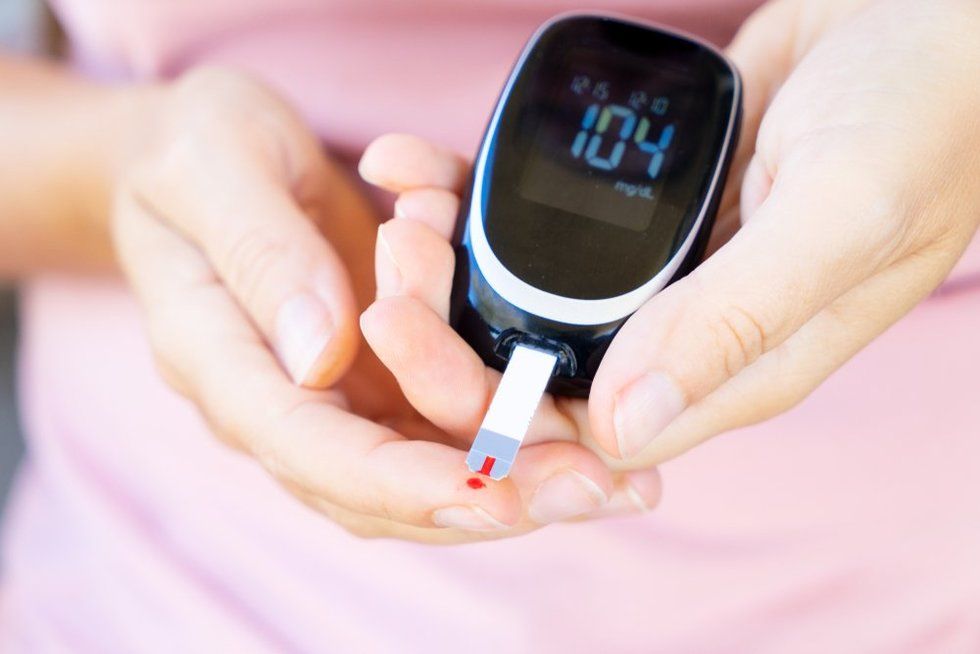
However, the team cautioned that the study was conducted on cells, not humans, and more research is needed on the topic.
This study adds to a long list of previous studies that suggest that diet can affect the risk of cancer, especially colon cancer.
For example, a Cleveland Clinic study found that people under 50 who ate a diet high in red meat and sugar had less citrate, which is produced when the body converts food into energy and has been shown to inhibit tumor growth.
Tags: Scientists warn unhealthy food related higher risk cancer
-



